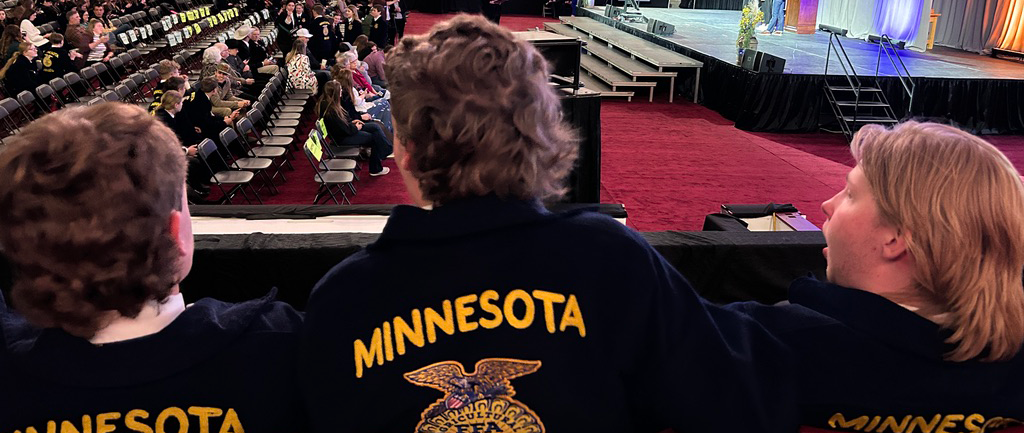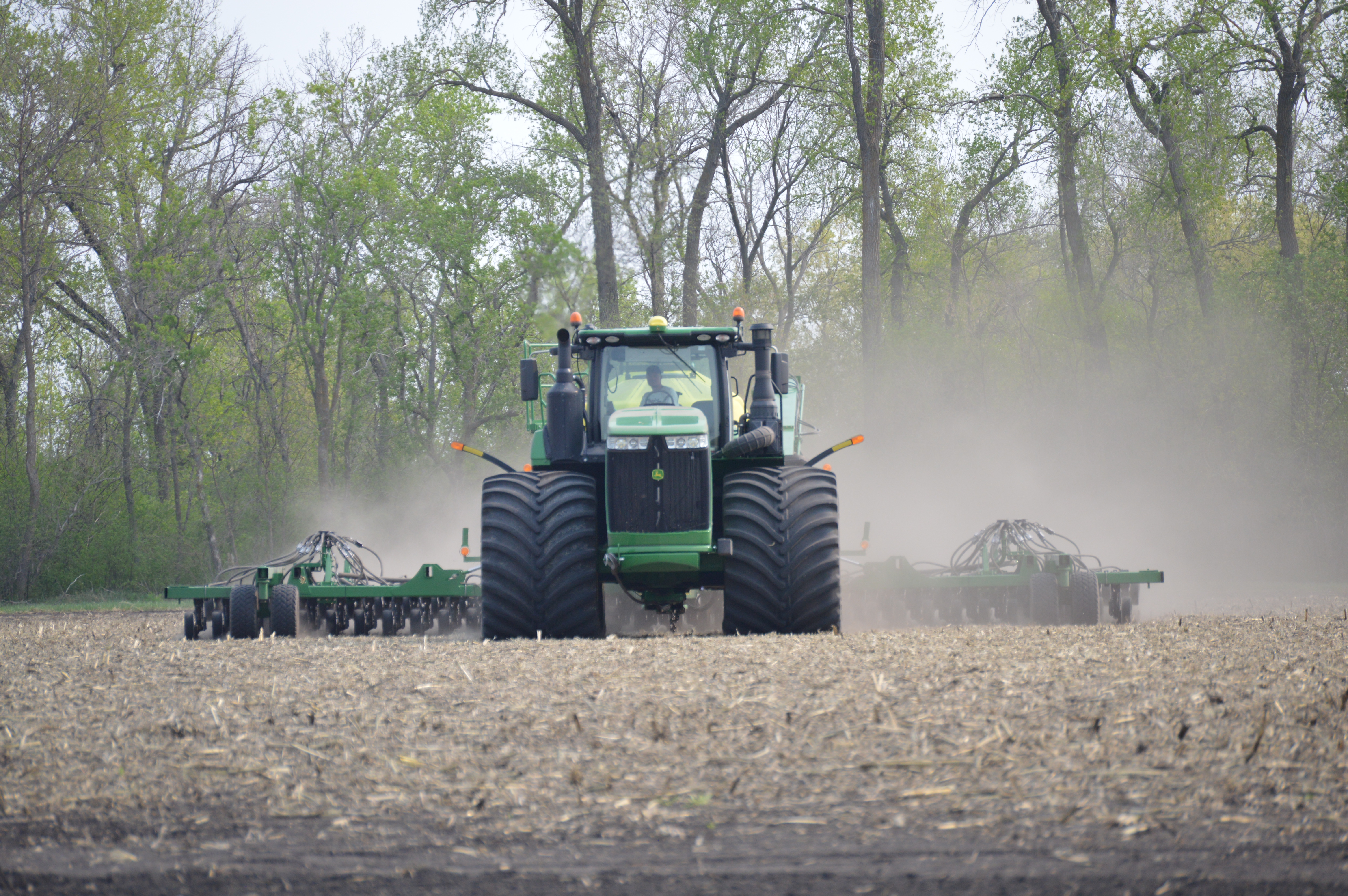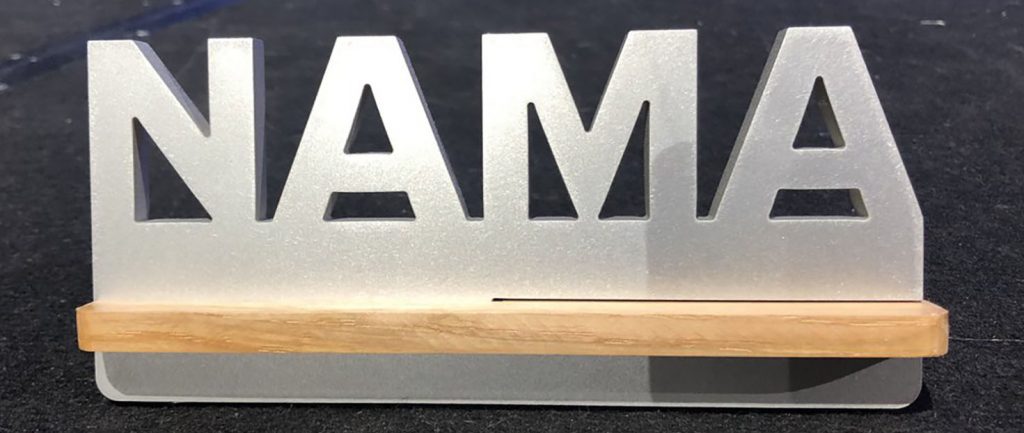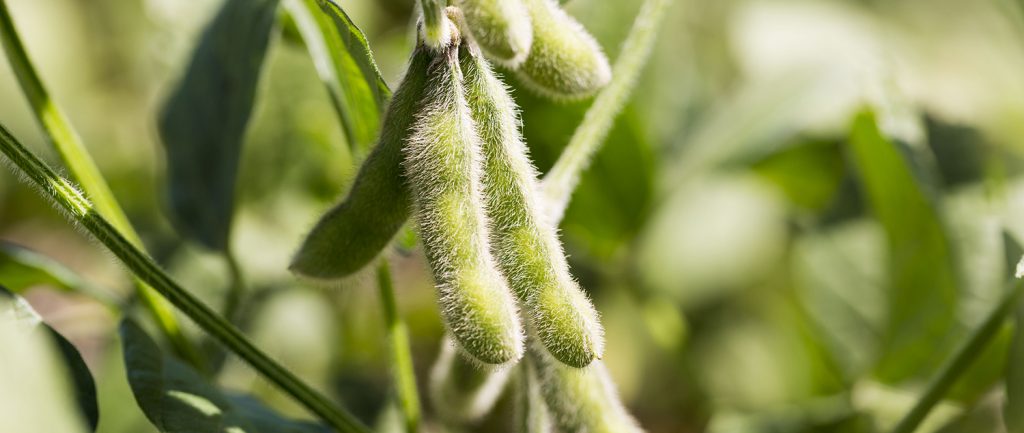Farmers have a problem in Minnesota — soybean aphids are becoming resistant to insecticides incredibly fast. With only three families of insecticides available to treat aphids, losing just one is a big deal.
Due to the rise in insecticide-resistant aphids, the Minnesota Soybean Research & Promotion Council and the University of Minnesota are working together on a study to address the problem.
The goal: to prevent aphids from becoming resistant to insecticides and keep those insecticides effective and available.
To do that, the University of Minnesota wants to listen to farmers to:
• Understand how growers make decisions about when and how they treat soybean aphids.
• Get reactions to University of Minnesota soybean aphid treatment recommendations. What makes the recommendations hard to follow? What would make them easier to follow?
• Find out what kind of Extension programming would help farmers fight aphid insecticide resistance.
Dr. David Kee, director of research for MSR&PC, says farmers are the key to understanding how aphids develop resistance.
“The farmers are the ones who know what they did on their farm,” he says. “It’s the researchers who need to hear that to determine what happened in terms of resistance. Ultimately, we need farmer participation to ensure our insecticides remain effective.”
This winter, the University of Minnesota will hold telephone-focus groups to listen to soybean growers. The groups will be small — only four or five farmers on each call. The calls will last no more than 90 minutes. Participants will receive $50 for their time and have a chance to hear how farmers in other parts of the state are dealing with aphids.
The University of Minnesota, in conjunction with MSR&PC, needs farmers help developing a pool of farmers to participate in these focus groups. Farmers will be randomly selected and invited to participate in these discussions. Not all farmers who were nominated will be selected to participate.
UMN researchers are asking farmers in targeted counties to nominate 10 fellow farmers from their county who have the following characteristics:
• Have had soybean aphids in at least one of the last five years
• Make decisions about production
• Are reflective and willing to share information without being domineering
• Are NOT consultants, retailers, or extension educators
The list of targeted counties is as follows:
• NW MN: Polk and Norman counties.
• SW MN: Renville, Lyon, Murray, Nobles, Redwood, Cottonwood, Jackson, Brown, Watonwan, Martin, Nicollet, Blue Earth, Faribault
Please include contact information: Name, phone number, email address, mailing address.
Email your nominations to Dr. David Kee at dkee@mnsoybean.com by Jan. 13, 2020. For additional questions about the study, call Dr. Kee at 507-388-1635
The results of these focus groups will be used to:
• Improve aphid treatment recommendations
• Help farmers protect insecticides
• Create new Extension education programs
• Help Minnesota Soybean support farmers







